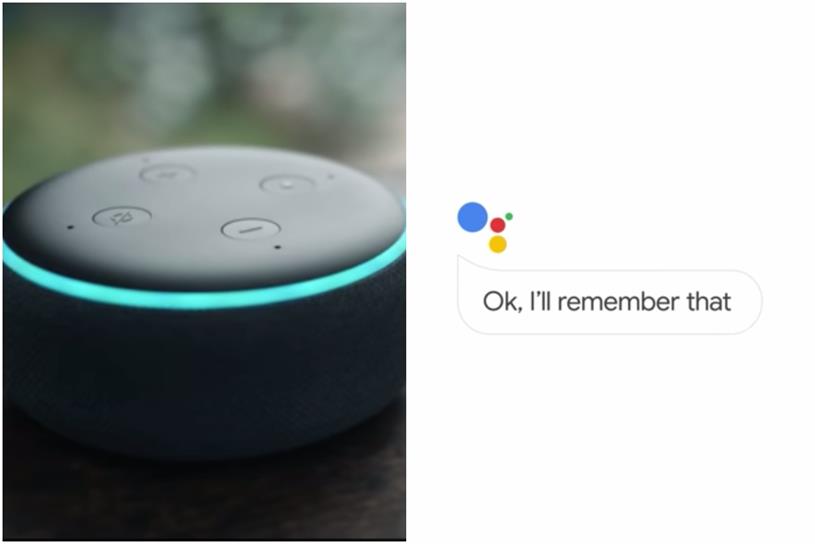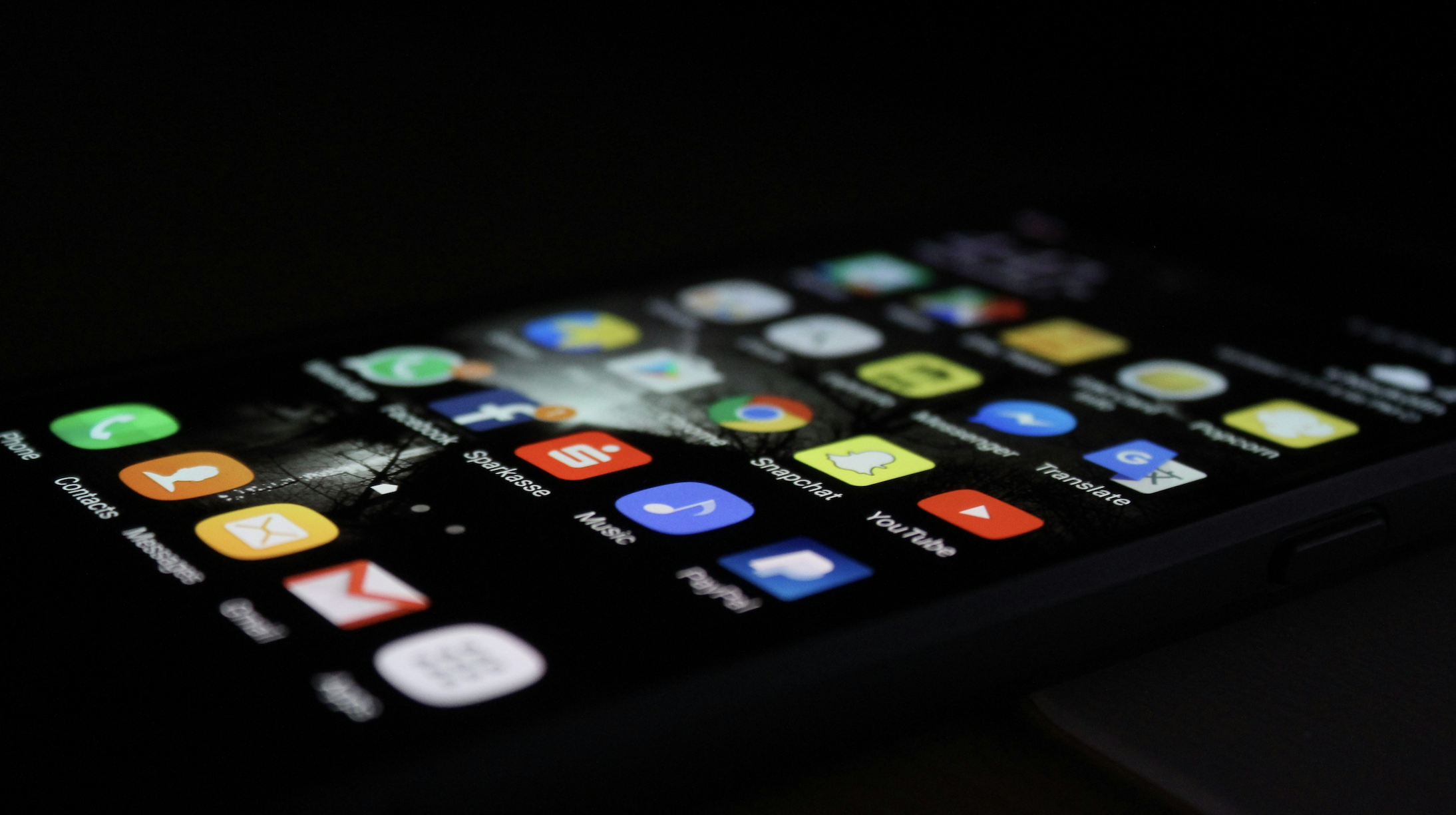Some of the world’s biggest tech companies are now among the globe’s biggest advertisers. One of them, Amazon, has now leapfrogged FMCG giants Procter & Gamble and Unilever to become the biggest, as Campaign revealed.
But what can we learn about the brand messaging that Amazon, Facebook, Google, TikTok and Microsoft chose to employ for their Super Bowl ads this year?
Amazon is all about the ecosystem
Amazon has become a regular advertiser during the Super Bowl, using Accenture Interactive’s Droga5 London to make a spot that featured Ellen DeGeneres for this year’s big game.
As its financial earnings last week showed, Amazon is growing fast as a major advertising platform in its own right and is third only to Google and Facebook in terms of global digital ad revenue. However, its ad revenue is a drop in the bucket compared with the income Amazon makes as the world’s biggest online retailer and cloud computing services provider.
So why, then, did this multifaceted behemoth choose to use its expensive Super Bowl ad slot to promote its voice assistant Alexa, which is available on Amazon’s Echo and Show smart devices? The global voice assistant market was worth just an estimated $1.2bn and will not break the $5bn barrier until 2023.
Sarah Salter, director of innovation at WPP media agency Wavemaker, points out that voice assistants are "the gateway to the smart home", which is the bigger prize for Amazon beyond winning the race against Google and others to sell more voice-controlled devices.
She pointed to research by Juniper that revealed there are more than 100 million Alexa-enabled devices, from appliances to TVs, and retail spending is expected to reach $7.3bn by 2020.
Salter continues: "Alexa (and the products and applications surrounding it) is a huge priority focus and a key growth strategy for Amazon – and the company will be seeking to maximise all opportunities to integrate Alexa into homes and beyond (after all, Alexa is everywhere).
"From controlling heating to music and other forms of entertainment, these interactions will provide new opportunities for Amazon to drive retail spending and further integrate its technology into people’s everyday lives."
However, David Coombs, head of strategic services at Cheil UK, notes that while smart devices are growing strongly in the US and UK in particular, consumers are generally interacting with assistants such as Alexa, Apple’s Siri and Google Home with superficial requests, such as asking for the weather forecast, setting an alarm or to play a particular song.
This was borne out in Amazon’s humorous Super Bowl spot, in which DeGeneres and her partner Portia de Rossi imagine how these simple requests would have been made in olden times.
"The smart speaker market has slowed a little in recent years and we’re seeing the classic adoption curve, where a rush of people buy it and then there’s a slight tail-off," Coombs says. "What we’re seeing now are these surface-level interactions.
"But what this does mean is there’s a lot of headroom for Amazon in terms of integration. If smart speakers are the easiest way in, you can land Alexa as the voice assistant to operate further in people’s lives, such as cars and other smart devices. They can also broaden out the ecosysten into other products, like ear buds, the glasses or the ring, which are all based on people having already bought into the Alexa ecosystem."
Google gets more upfront about what it does with your data
Google also focused on its assistant. Already viewed more than 11.5 million times on YouTube, Google used its Super Bowl spot to better connect people with their brand through emotion, using storytelling to simplify its product and reduce mistrust in data sharing.
However, while Amazon's ad was funny and breezy, Google chose to go heavy. Created in-house, it demonstrated how its voice-enabled platform could improve the life of someone with dementia through recording and interpreting users' requests.
In other words, Google is proudly telling the world that it is collecting users’ data, some of which may be intimate and sensitive, and can demonstrate the value that its algorithm-based services can bring.
Coombs believes Google is positioning itself as a responsible tech company in this space, having fallen foul of data privacy laws in Europe in recent years over the way it collects consent.
"[The ad] was a way that Google were trying to show that, yes, they collect a lot of data about people through their searching or their wider network of programs, but it felt like they were trying to show that there is a value to giving them this data," Coombs says. "People may say ‘look how instrusive Google can be’ and they might find it creepy, but Google is trying to normalise that to an extent."
Salter agrees and argues that, in a time of distrust in technology brands and data sharing, Google wanted to demonstrate tech for good and its power to transform lives.
She adds: "The overarching brand goal was to better connect people to Google by provoking an emotional response – everyone was in tears. They showed how smart their AI assistant is and how the technology has progressed beyond gimmicks and entertainment. They also made the technology feel inclusive and accessible to all."
Facebook goes back to basics
Facebook, meanwhile, continued its brand strategy of promoting the main Facebook "blue app" service as a place for people to share their interests through private groups. Created by Wieden & Kennedy, the film features cameos from Chris Rock and Sylvester "Rocky" Stallone as a part of a rock-themed spot.
This was an intentional departure from the scandals that have plagued Facebook in recent years, such as data privacy and political advertising, according to VaynerMedia London’s vice-president of global media, Ben Allison.
He says: "It was absolutely focused on regrounding the Facebook brand, and its suite of products, in a way that humanises that connection – actively showcasing real-world groups and the passions and connections that its users share."
It was interesting that Facebook did not decide to promote the parts of its business that are growing most strongly, such as Instagram and WhatsApp, and instead chose to drive continued engagement with its core products.
However, as Allison notes, "[this strategy] does pose the question of how a 'groups-focused' narrative co-exists with the already-justified concerns of the echo chambers that Facebook's feed has substantiated."
And TikTok remains the new kid on the block
Meanwhile, TikTok continued its marketing strategy of introducing itself as the hot new thing in social media. Similar to campaigns in the UK last year, TikTok’s Super Bowl spot aims to increase brand awareness.
Despite only having made a splash in the US and Europe at the end of 2018, TikTok is already facing competition in the short-form video-sharing space from the likes of Byte, Firework and Facebook’s Lasso.
(This article first appeared on CampaignLive.com)




